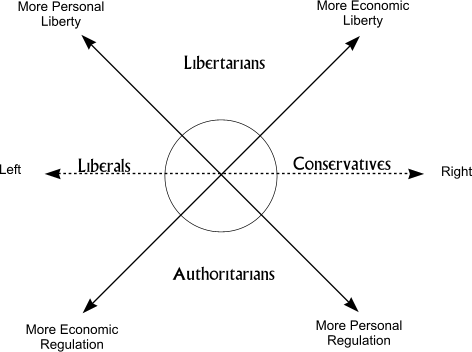Rustic
Diamond Member
- Oct 3, 2015
- 58,769
- 5,894
- 1,940
- Banned
- #281
You have no clue what real what real racism is… obviously political correctness has made you ignorant on the subject.Trump will fix all of that fascist liberal bullshit....So, are there any Democrats who oppose abortion in your "tent?" How about people who oppose so-called "gay marriage?"
I'm sure there are D's who oppose abortion. In fact while I support a women's right to decide, I support age appropriate Sex Ed as part of a comprehensive curriculum on health education, including information on how to prevent pregnancy (contraceptive methods) and facts on STD's in all public schools.
Of course their are bigots within the Democratic Party, do you think bigotry is limited to the callous conservative set of the Republican Party alone?
No one can know how Trump will govern; Trump himself does not have a clue, nor do you.
It's looking like he intends to be pragmatic, ie non ideological, with American interests as his goal.
That gives us some idea. And it's a refreshing change.
With all Pols one must watch their feet, not their lips. It's not what Trump says he will do, it's what he does. And thus far all he has done is talk (move his lips) and appoint some of the very worst people to lead our nation: A Racist as AG, A polluter as Sect. of State and a dozen or more cronies or relatives to sensitive positions in government.


